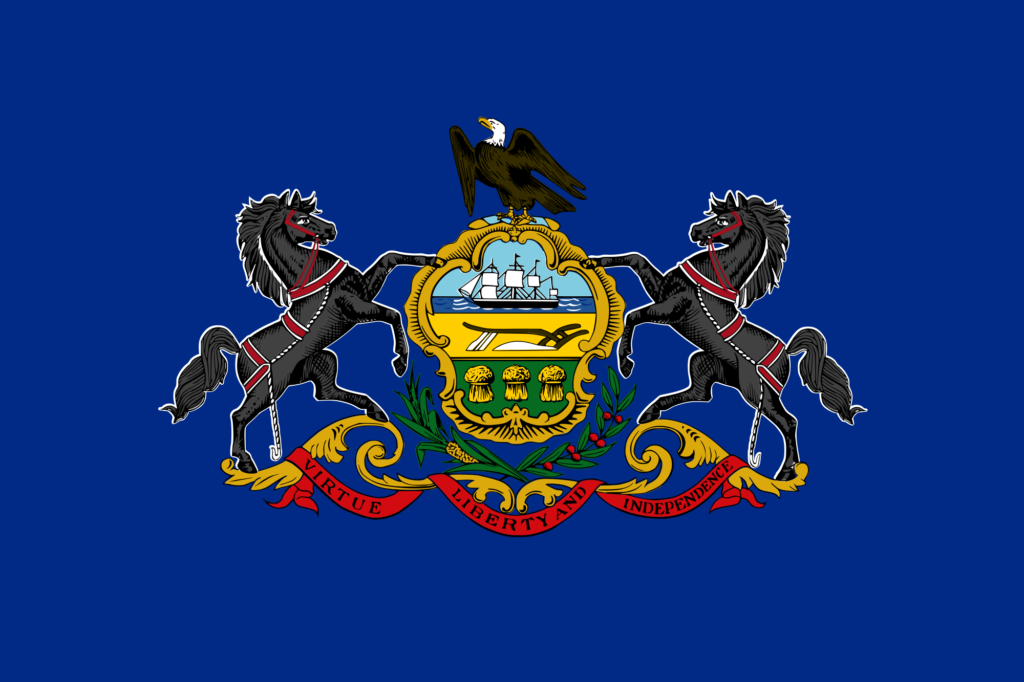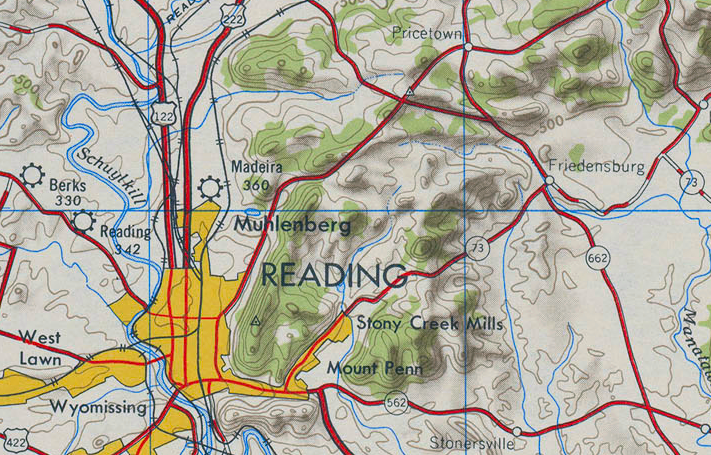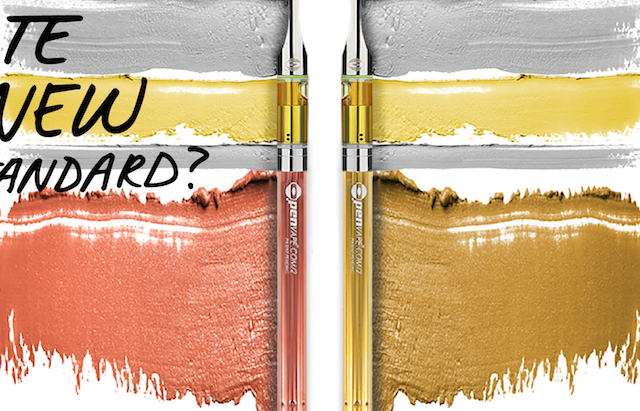Pennsylvania Medical Marijuana Laws
Many important changes about marijuana legalization have occurred within the United States. As of April 16, 2016, Governor Tom Wolf legalized medical marijuana across the state of PA. While medical marijuana was legal, it wasn’t available for medical patients to buy until February 15, 2018. The purpose for legalizing medical marijuana was to offer an alternative for patients with serious medical conditions. Although medical marijuana is available throughout the state, the proper steps must first be taken before a patient can get it.
Registering with the PA Medical Marijuana Registry
The first step to obtaining a medical marijuana card in Pennsylvania is to register with the states’ medical marijuana registry. The registry requires that all patients make a profile before getting started with the set-up process. To complete the profile, you will need to fill out your legal name, contact information and your current address. A valid state ID or drivers license is required to sign up for the registry. If you don’t have a valid ID or drivers license already, you can get one at the local Department of Transportation. The medical marijuana registry has unlimited resources for caregivers, patients and growers.
Getting Approved by a Pennsylvania CANNABIS Qualified Physician
The next step to getting a medical marijuana ID is to get approved by an experienced, qualified physician or cannabis nurse. Approved physicians are registered with the Department of Health to prescribe cannabis to patients. It’s important to note that only patients and caregivers within the state of Pennsylvania can apply for the program. The physician must certify a health condition or terminal illness such as:
· Autism
· Cancer
· Chronic seizures
· PTSD
· Sickle cell Anemia
· Glaucoma
· Severe chronic pain
· Huntington’s disease
· HIV/AIDS
· Epilepsy
· Inflammatory bowel disease
· Multiple sclerosis
· Parkinson’s disease
Many other conditions also qualify to receive medical marijuana, check with your physician or medical marijuana resources to see if your illness meets the criteria. Pennsylvania residents, including those under the age of 18, can use the medical marijuana program if an approved physician determines it. Doctors have immediate access to the medical marijuana registry which allows them to upload documents instantly. Medical insurance will not cover medical marijuana related expenses, everything is paid for out-of-pocket.
How Much will the Medical Marijuana ID Cost?
The cost of the medical marijuana ID is $50. Fee reductions and waivers may apply for those enrolled in assistance programs such as Medicaid, SNAP and WIC. Once you’ve finished the application, expect to receive your medical marijuana ID in the mail. There’s also an option to receive a print out of your medical marijuana ID until you receive your card in the mail.
Important Facts about Medical Marijuana in Pennsylvania
Dispensaries can only sell medical marijuana patients a 30-day supply of cannabis. To prevent you from going over your monthly limit, cannabis transactions get recorded by the state. With the recent approval of selling cannabis in the form of dried flower, it’s now available at the local dispensaries. The state determined that dried cannabis flower was the most affordable choice for medical marijuana patients in the state of Pennsylvania. Marijuana flower, oils, pills and liquids will all count towards the monthly 30- day supply of medicine.
Note that the dispensaries aren’t yet allowed to sell edibles products, however; they do sell THC and CBD infused products to be mixed into drinks and food. Marijuana cultivation is not allowed in Pennsylvania, it’s a felony. Driving under the influence of marijuana is a crime and has serious consequences such as $5000 in fines and up to 6 months jail time. When driving with cannabis, it should be treated like alcohol and be sealed and kept out of the reach of children.
While driving with cannabis within the state of Pennsylvania is legal, it is illegal to travel across state lines with. Pennsylvania doesn’t have reciprocity for out-of-state medical marijuana patients. This means patients with out-of-state cards won’t be able to visit dispensaries or consume medical marijuana within the state. Cannabis consumption can only take place in a private home or residence.





